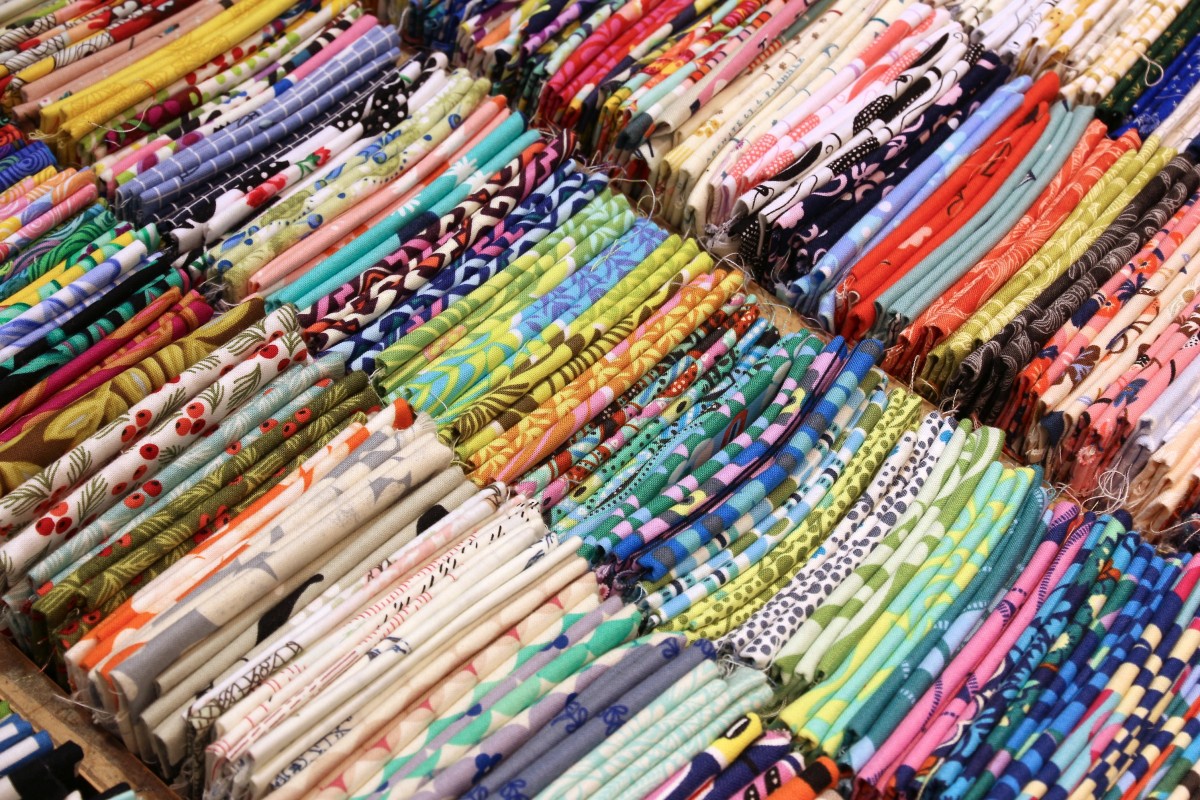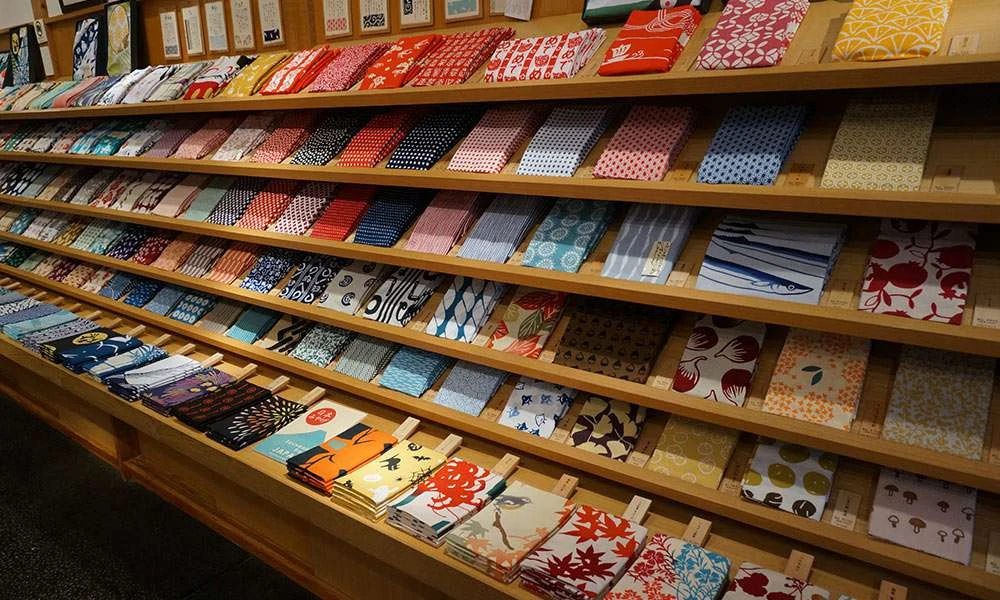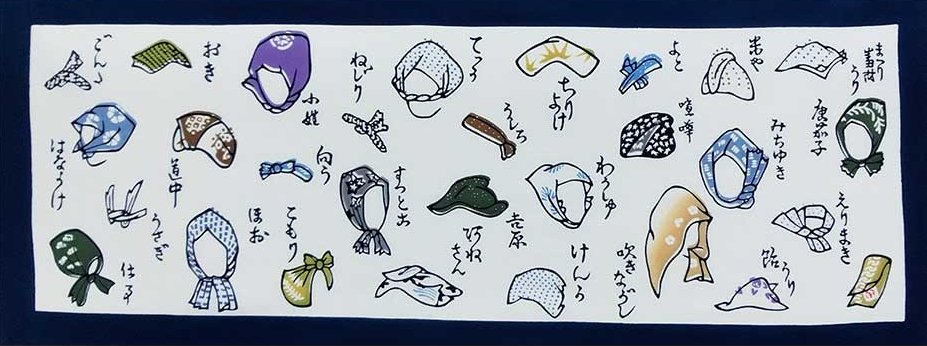Tenugui 「手拭い」 is a type of thin, lightweight cloth used in Japan. It is made of cotton and is usually about 35 centimeters wide by 90 centimeters long.
Tenugui is used in many ways in Japan, including as a cleaning cloth, a scarf, a head cloth, a kitchen towel, or even as a decoration item.
Tenugui are often emblazoned with traditional Japanese designs such as cherry blossoms, samurai, or some type of traditional pattern design and symbols.
The word "Tenugui" comes from the Japanese words "te" (手, "hand") and "nugu" (拭く, "clean, dry"). They are simple cloths used for hand cleaning and others, but it has its characteristics.
We also recommend reading:

Table of Content
Origin and History of the Tenugui
The tenugui has a long history in Japan and is a traditionally Japanese item dating back to the Edo period (1603-1868). According to legend, the tenugui was created during the Edo period as a cheaper and more practical alternative to the traditional headcloth, the hachimaki.
Peasants sometimes needed a piece of cloth that could be easily torn apart in an emergency or to repair straw shoes. Thus was created the tenugui.
The tenugui was originally used primarily as a cleaning cloth or as a scarf, but over time it has become popular as a form of artistic and cultural expression.
During the Edo period, tenugui were often used as a form of advertising to advertise products or events, and they were given away at festivals or sold in stores.
The tenugui produced in the Nara period, was decorated with Shinto and Buddhist images and deities. As we moved into the Heian period, textiles became a precious commodity that only the upper class could own.

What are Tenugui handkerchiefs like?
In addition to being functional, tenugui is also considered an art form in Japan. Many people collect tenugui with different designs and display them as an art form in their homes.
It is produced by experienced artisans who use traditional oil printing techniques to create accurate and detailed designs.
It differs from other types of towel in that it does not have hems. Tenugui are typically around 35 cm x 90 cm in size. The fabric is usually a plain weave, and the edges are often fringed.

Tenugui are usually white, but can also be found in other colors. They are often given as gifts, and are often used as gift wrapping cloths.
Tenugui are also commonly used in the martial arts of Kendo and Aikido, as they are considered good at absorbing sweat and protecting the head. If you are in Japan, be sure to get a tenugui!
